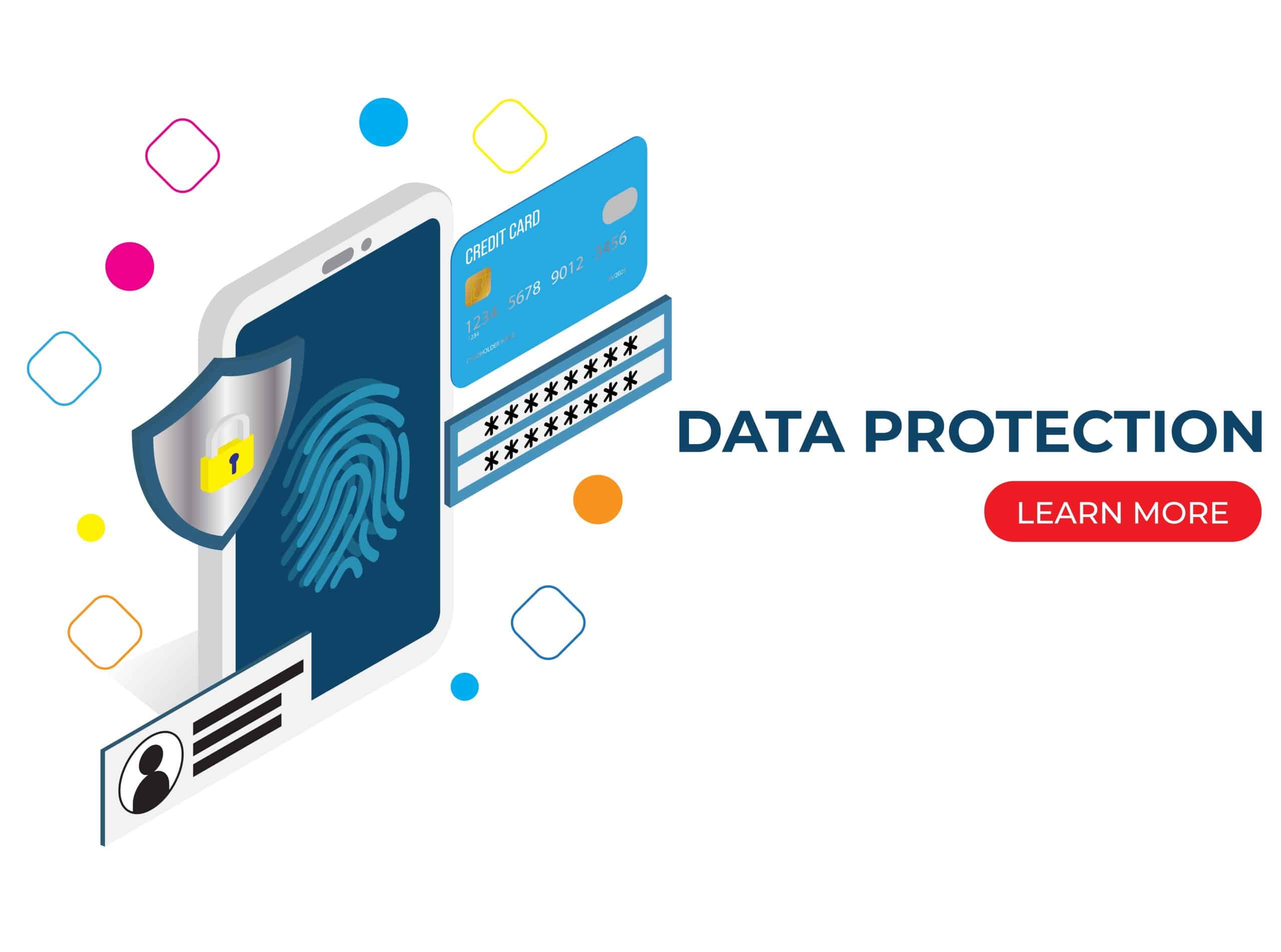Safeguarding user data privacy in chatbots: a comprehensive guide

Chatbots, conversational virtual assistants, are increasingly becoming an integral part of internet users' daily lives. Today, they are embedded in various tools, including websites, messaging applications, and voice platforms. However, their widespread use raises concerns about the security of user data. Ensuring data privacy in the context of chatbots is paramount. But how can this be achieved? Here are some key considerations.
Avez-vous vu cela : How can sustainable urban planning promote active transportation and reduce car dependence?
User data security issues
User data security has become a major concern in today's digital world. Data leaks, cyberattacks and misuse of personal information can have serious consequences for individuals, ranging from identity theft to financial theft. In the case of chatbots, these risks are amplified by the interactive and often automated nature of these systems.
Adhering to data collection requirements
Chatbots deployed on online platforms often gather user data. This information is used for analysis and presented to business leaders who leverage it for prospecting and decision-making. Therefore, organizations implementing tools like https://www.mychatbotgpt.com/ must adhere to specific regulations.
A découvrir également : How does cultural heritage preservation contribute to national identity and tourism?
Compliance with data protection regulations, such as GDPR in Europe and CCPA in California, is essential. To achieve this, implement tools that notify users that their information is being collected for specific purposes. Refrain from disclosing collected data and establish policies and procedures to ensure regulatory compliance.
Minimizing data collection and usage
Chatbots that collect user data can be highly beneficial for business growth. However, it is crucial to exercise responsible data practices. To safeguard user information security, collect only the data necessary for chatbot functionality.
Clearly inform users about the data being collected and how it is being used. Provide users with the option to refuse or opt out of data collection at any time.
Implementing data security measures
Once data is collected, take all necessary steps to ensure its security. Store collected data securely and encrypted. Additionally, restrict access to authorized personnel. Establish data management accounts and delegate management to specific individuals within the organization.
Implement measures to ensure that only authorized individuals have access to data. Employ techniques like anonymization or pseudonymization to protect user identities. These approaches prevent data leaks and protect information in case of intrusions. Additionally, engage cybersecurity expertise to counter cyberattacks.
Educating and training personnel involved in user data management
Various roles within an organization may be involved in data usage and management. To ensure proper data handling, educate personnel on data management practices. Train them on the best practices for handling and ensuring customer data security.
Staff education and training is a vital investment in ensuring the security of user data, building trust and ensuring compliance with current regulations. By equipping its teams with the necessary knowledge and skills, an organization can effectively protect sensitive information and build a strong and sustainable data security culture.
Additional measures for securing user data with chatbots
Transparency and consent are two pillars of user data security in chatbots. Inform users that their information is being collected and clearly explain how it is being used. Provide them with control over how their data is used. Obtain explicit consent from users before collecting or using their sensitive data. Allow them to stop data collection at any time.
Implement monitoring mechanisms to detect and rectify security breaches and prevent intrusions. Conduct regular security testing to identify vulnerabilities and respond promptly when necessary.
By following these guidelines, businesses can effectively safeguard user data privacy while leveraging the benefits of chatbots. Remember, data privacy is not just a compliance issue; it's a fundamental responsibility towards users. By prioritizing data protection, businesses can foster trust, loyalty, and a positive user experience.
In summary, it is fundamental to comply with current data protection regulations and provide clear and transparent privacy policies to users. Next, data security itself must be ensured by encrypting data in transit and at rest, implementing strict access controls, and conducting regular security testing.
Additionally, an incident response plan should be established to effectively handle data leaks or cyberattacks, and users should be notified quickly if their information is compromised. Finally, raising awareness and training employees and users in good data security practices is essential to guarantee optimal protection of personal data.
